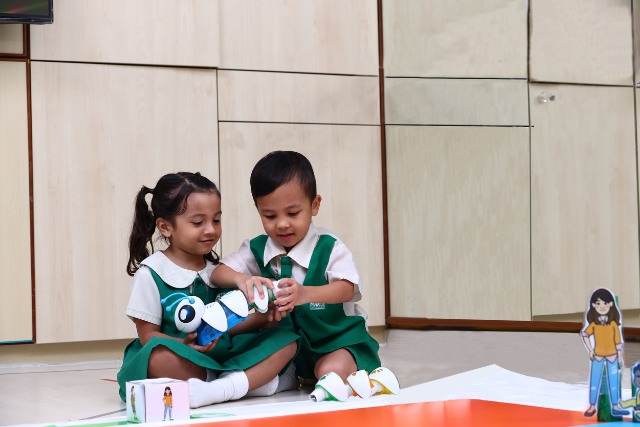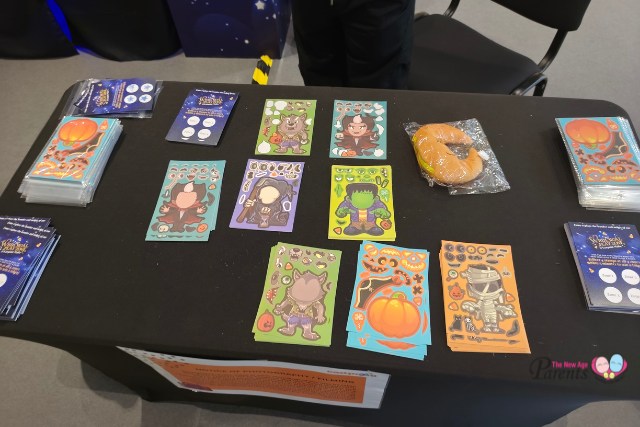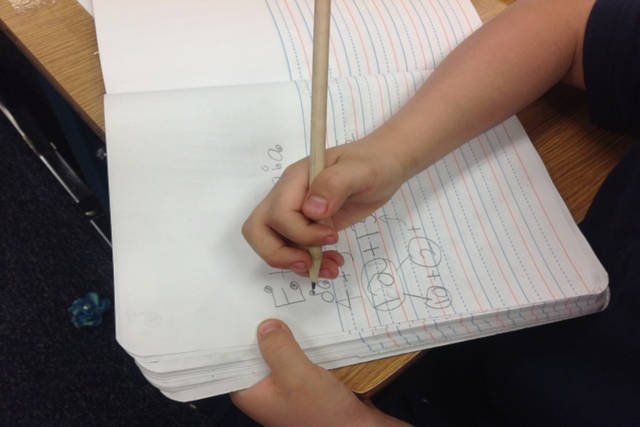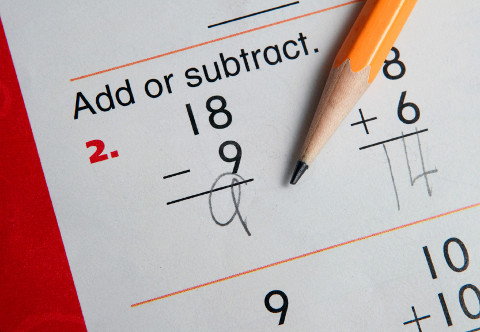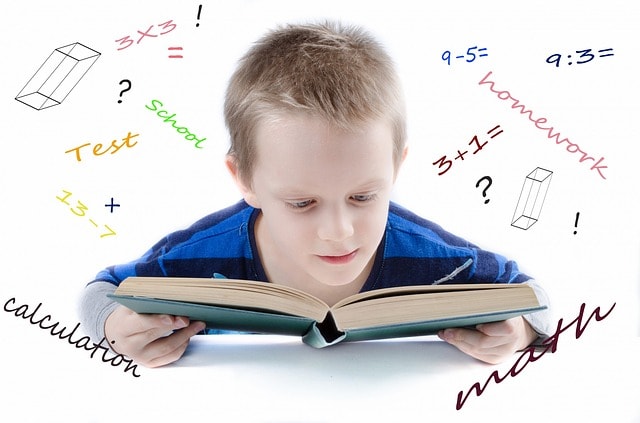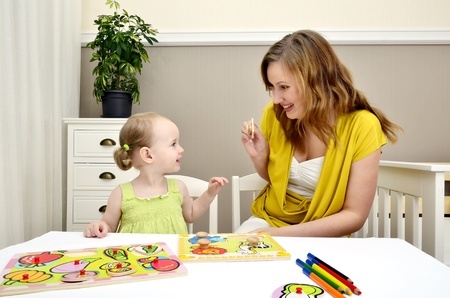Math is a part of our lives, whether we are getting groceries at the supermarket, doing the housework at home, cooking or planning a picnic. Few of us actually realize that we are using math more often than we realize.

However, it’s sad to say that many children grow to dislike math for many reasons. Working with math problems can help your child become an independent thinker, effective problem solver and one that does not give up easily when faced with challenges. Help your child develop the right mindset and attitude towards math and they will learn to appreciate it.
1. Develop the right attitude
Parents can be a positive force in helping their children learn math, but they can also affect their child’s perception and attitude toward math. If you are someone who constantly says things like “Mathematic is hard”, “I don’t like math too” or “I never did well during math tests”, chances are your child will not grow to like math too.
You can’t make your child love math, but you can encourage her to develop the right attitude towards math by helping her to see how mathematics can change or improve her daily life. Direct her attention to the interesting and fun things she can do with math and be mindful of what you say around your child.
2. Take risks
Raise a risk-taker who is not afraid to try new experiences or solve a tedious problem by themselves. When working on math questions, give your child ample time to think and try.
You can also encourage him to share with you how he derives the answer. It is a good way to help your child reflect back on what he did to solve the questions. You can also clarify and explain further the areas that he needs help with. This will strengthen his cognitive ability and groom him as a problem-solver.
3. Make mistakes

Children and sometimes, even adults are afraid of making mistakes. The fear of failing may hinder your child’s enthusiasm to learn or try new experiences. Help your child develop a love for learning math by telling them that making a mistake is a way to improve their capability. Celebrate and acknowledge when they succeed, and encourage and guide them when they failed to do it right.
4. Don’t Compare
Some parents can’t help it, but compare their child to the older sibling or to their friends. When you compare your child’s performance or results with others, it will tend to diminish her confidence and develop insecurities for that subject.
It doesn’t matter if your child can’t count better than your neighbour’s child. Every child is special in their own ways, your child will have something they are good at too. Tap on their interests and ability to improve their mathematical awareness. Be more patient.
5. Balance
If you want to help your child succeed in school, you need to strike a balance between your child’s ability and your expectations.

When guiding your child, be a supportive figure that guides them to perform up to their capability without placing too much pressure on their little shoulders. How can you strike a balance without pushing your child too hard?
- Be a parent that is involved in their learning, but never overly involved.
- Encourage your child to improve, but don’t overly stress them out.
- Set limits for them to achieve, but provide them with the guidance they need.
- Be there to guide them and yet still allowing them rooms to make mistakes.
Parents are the child’s first educators and one that understands them better than anyone else. Use a variety of fun techniques like games, engage in math-related conversations and plan a series of engaging math activities to teach and talk about math. Help your child develop the right mindset and a love for learning, and it will lead them towards success!
For videos on Bar Modelling, visit Math Made Easy with S.A.M.
⇒ Related Read: Seriously Addictive Mathematics Review
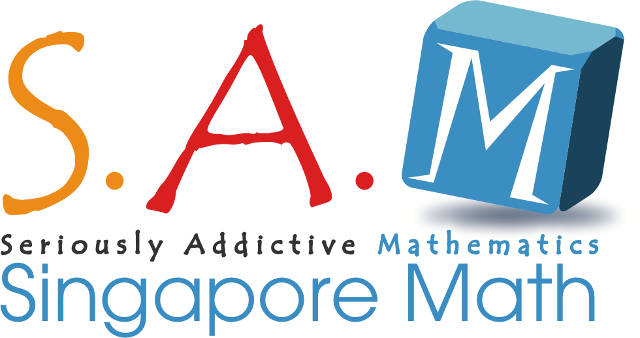
This article is contributed by Seriously Addictive Mathematics (S.A.M).
S.A.M is an Award-Winning Maths Enrichment program with the most comprehensive Singapore Maths Curriculum and Pedagogy available today.
At S.A.M, we focus on a holistic approach to learning Mathematics. The SAM Approach builds on skills in Critical Thinking, Heuristics, Logical Reasoning, Metacognitive Understanding, Modelling Techniques and Situational Word Problems.
We believe that Math is the easiest to understand when it relates to the real world. We use props, toys and games to illustrate mathematical concepts, before moving to a pictorial explanation and finally to the abstract representation of Mathematics. S.A.M is the only program that your child needs, to excel in Mathematics!
Check out our website at: seriouslyaddictivemaths.com.sg.
For enquiries, you can contact us at: enquiry@seriouslyaddictivemaths.com.sg
* * * * *
Want to be heard and seen by over 100,000 parents in Singapore? We can help! Leave your contact here and we’ll be in touch.
Stay in touch! Subscribe to our Telegram for our latest updates.













